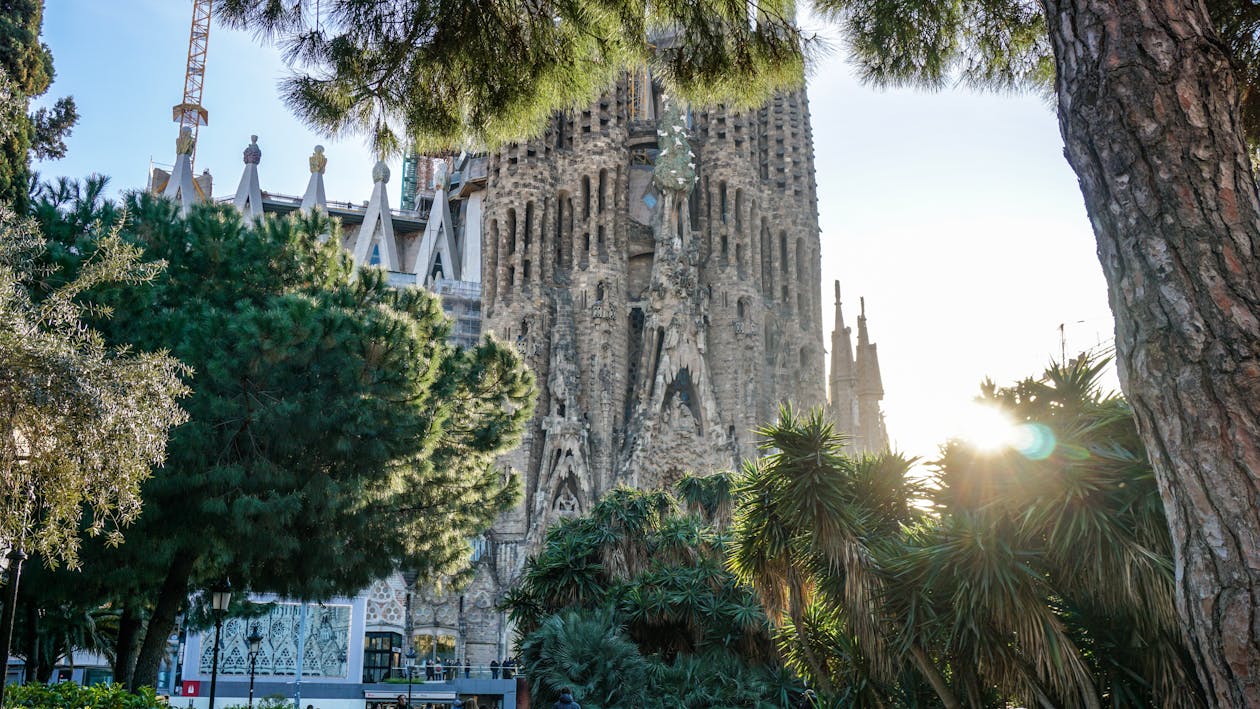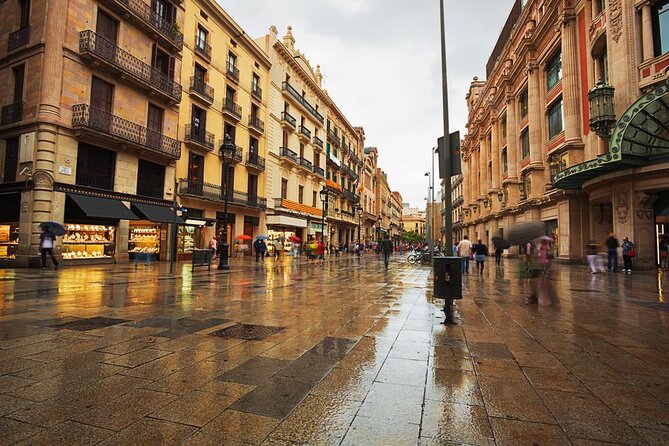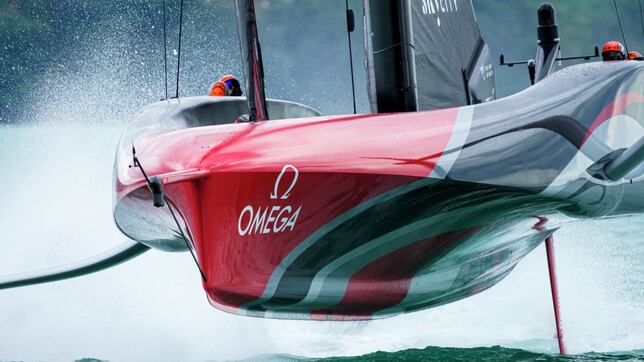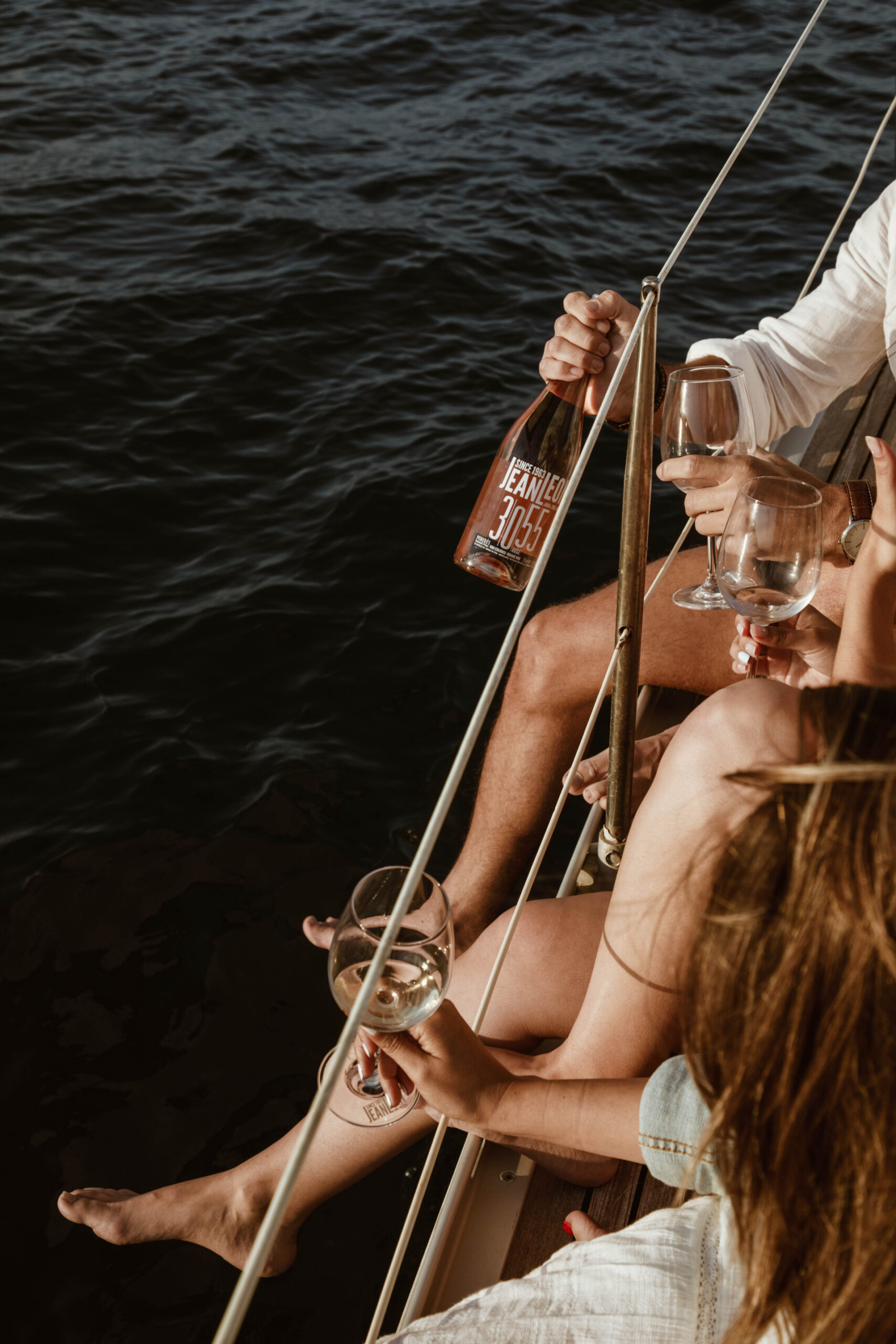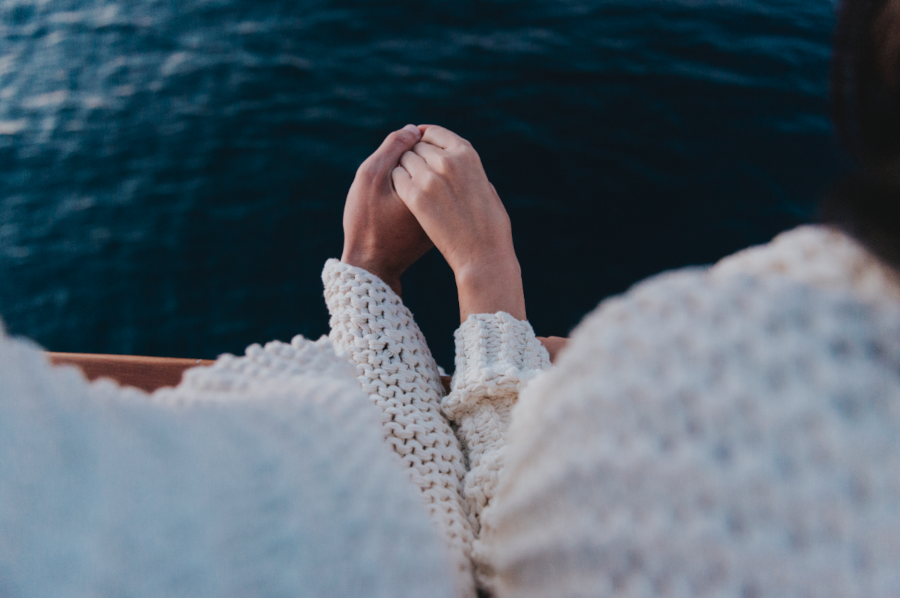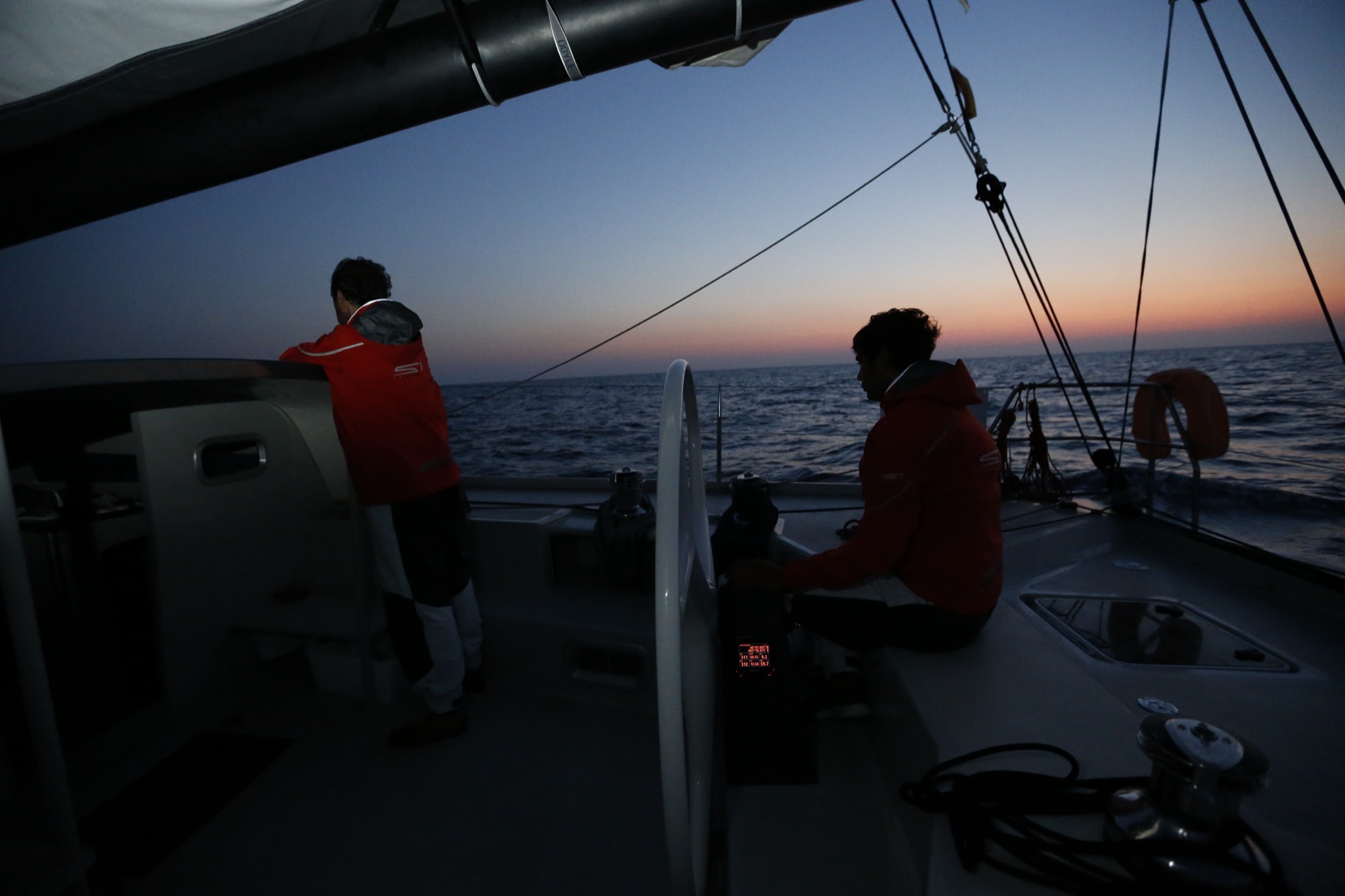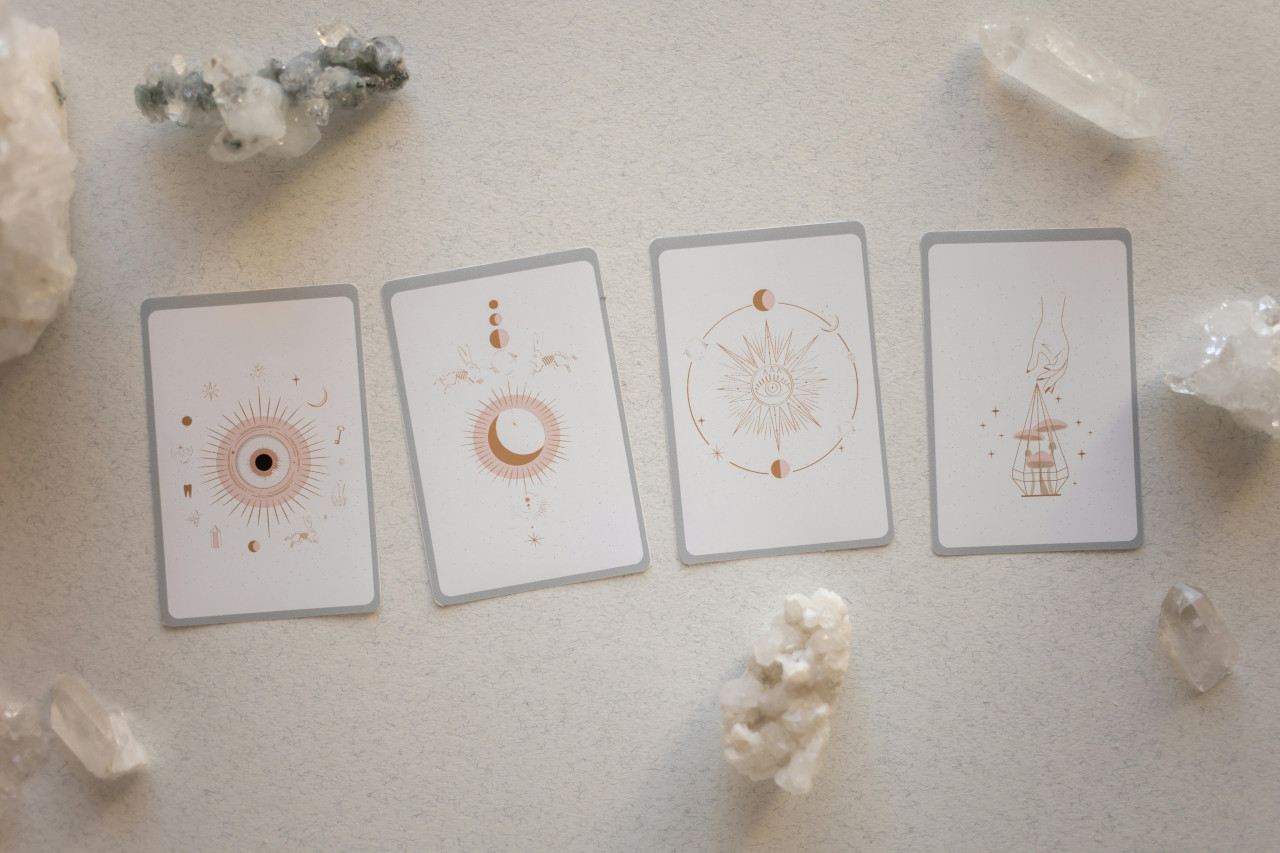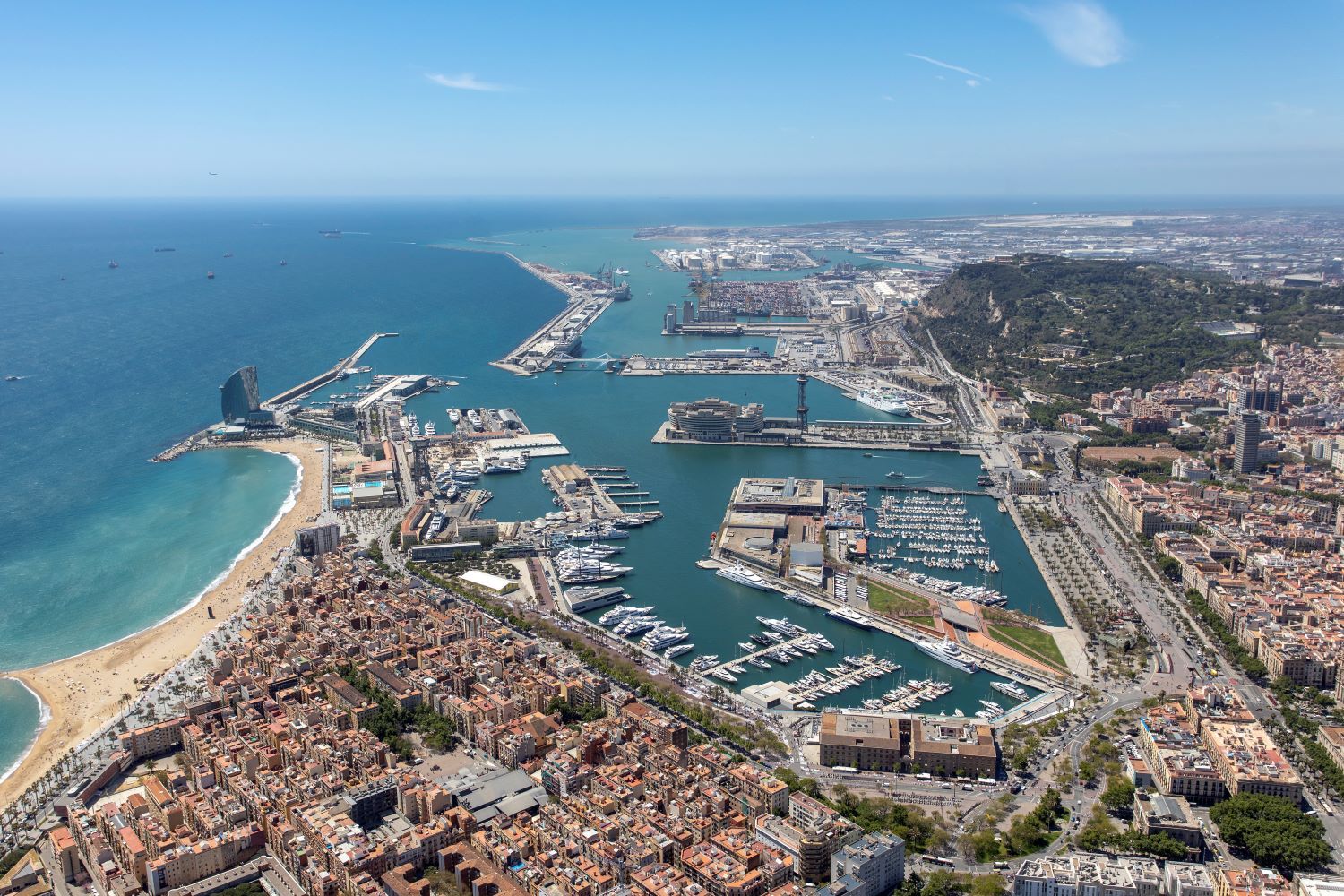Everything you need to know about This Is Med wine tasting
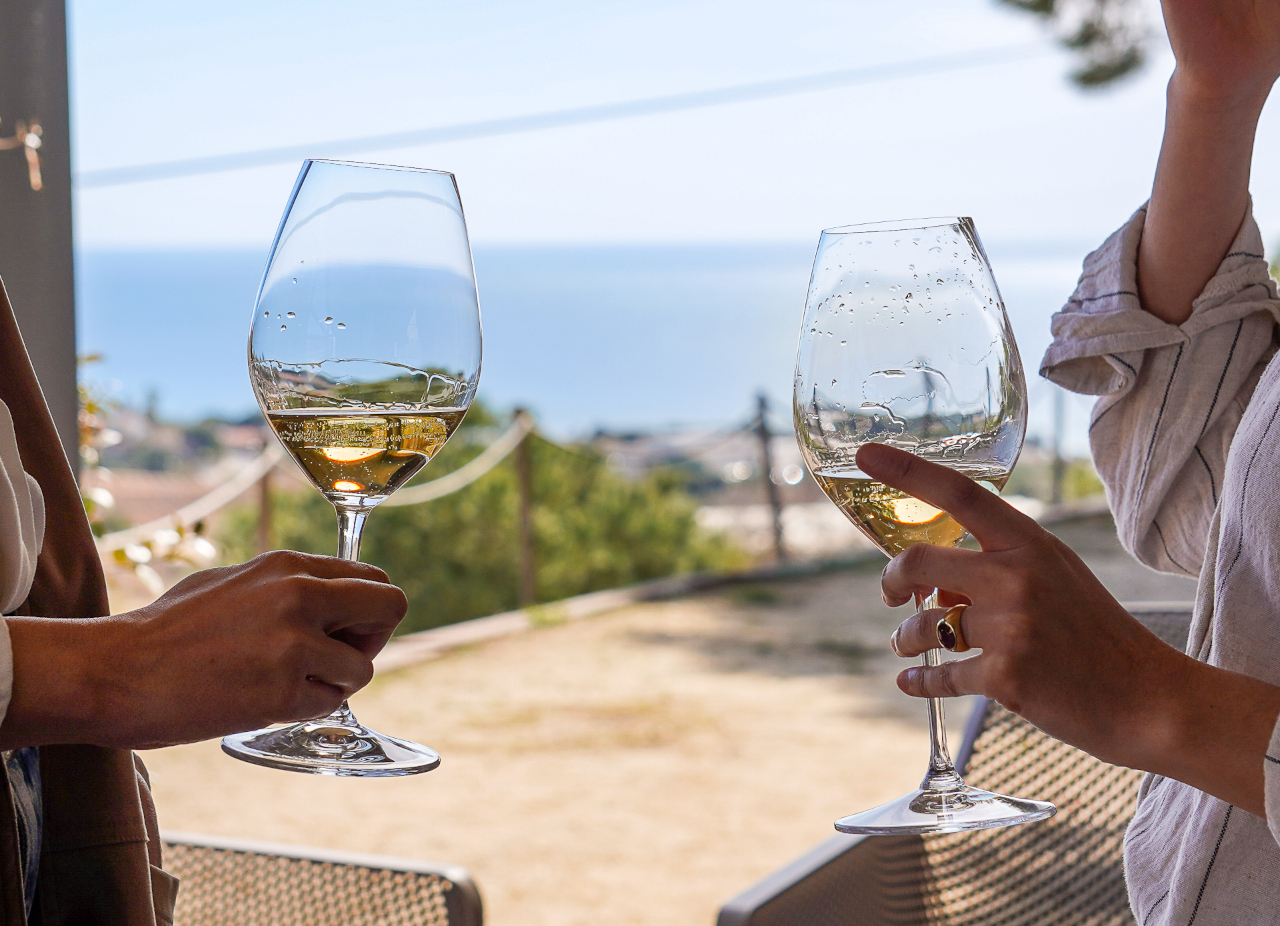
Wine tasting is an ancient art that has fascinated amateurs and experts alike throughout history. From ancient times to the present day, this practice has evolved and been refined, becoming a complete sensory experience that allows one to appreciate the subtleties and complexities of this iconic drink.
Let yourself be seduced by the mystery and elegance of wine as we discover together the secrets behind each bottle!
Origins of wine tasting
Wine tasting has its roots in Mediterranean culture, where wine was an integral part of everyday life and was considered a gift from the gods. The ancient Greeks and Romans held symposia and banquets where wine was served in abundance, and was appreciated both for its taste and its ability to stimulate conversation and thought.
Over time, wine tasting became a formal practice, especially in the wine regions of Europe, where producers and consumers sought to evaluate the quality and characteristics of wines more accurately.
The 4 fundamentals of wine tasting
Wine tasting involves using the senses of sight, smell, taste and touch to evaluate and appreciate a wine in all its dimensions.
- Visual observation
Start by looking at the wine in the glass. Look at its color, brightness and clarity. What shades can be seen? A red wine can range from a bright ruby red to a deep purple, while a white could have hues ranging from straw yellow to deep gold.
- Olfactory analysis
Bring the glass to your nose and inhale gently. What aromas can you detect? You might discover fruity notes such as cherry, plum or citrus in a red wine, or floral and herbaceous notes in a white wine.
You can also notice aromas of wood, vanilla or spices, which come from barrel aging. This step is crucial to understanding the aromatic complexities of the wine.
- taste evaluation
Take a sip of wine and allow it to wash over your palate. Notice the primary, secondary and tertiary flavors you perceive. Consider acidity, body, tannins (in the case of red wines) and freshness (in white wines).
- Finalization
After swallowing the wine or spitting it out (in the case of a professional tasting), evaluate the persistence of the flavor on your palate. How long do the flavors linger on your palate after you swallow the wine? Quality wines usually have a long and pleasant aftertaste.

Do your Wine Tasting with This is Med
At This is Med we offer a wide variety of activities for both companies and groups that combine experiences at sea with other extraordinary elements.
One of our favourite activities is the Underwater Eco Tasting, in which we invite you on a sensorial journey through the fascinating world of underwater wines aged under the sea. Accompanied by a professional sommelier, we will explore together the depths of this innovative preservation technique, comparing the differences between wines aged on land and those matured in the marine environment.
Our experts will guide you on a journey to the underwater wineries in Barcelona, where wine is not only preserved, but also contributes to the birth of a unique marine ecosystem. These underwater wineries have become sanctuaries that promote biodiversity and offer a refuge for different marine species.
We also have another activity called “Carpe Vinum” in which we will begin with an exciting boat tour along the coast, enjoying together the impressive panoramic views of the sea and the city of Barcelona. After an hour of navigation, we will arrive at the charming coastal town of El Masnou, where a private transport will be waiting for us to take us to an ecological winery located in an idyllic natural environment, with views of the infinite blue of the Mediterranean.
At the winery, an expert sommelier will guide us to explore the vineyards and facilities, discovering together the fascinating production process of organic wines and cavas. This family-owned winery masterfully combines tradition and innovation to create unique flavors that reflect the authentic essence of the region.
The experience will culminate with an exclusive tasting of carefully selected wines and cavas, in an environment that fuses the beauty of the vineyards with the splendor of the Mediterranean Sea.
How to improve wine tasting skills?
Wine tasting is an art that is perfected with practice and experience . As you become more familiar with different grape varieties, wine regions, and wine styles, you will develop a greater sensitivity to detecting nuances and subtle differences between them.
Here are some tips to improve your tasting skills:
- Participate in guided tastings: Join guided tastings led by expert winemakers or sommeliers, who can provide you with valuable information about the wines you are tasting and guide you through the tasting process. You can also take a wine tasting with us while cruising the Mediterranean Sea.
- Try a variety of wines: Experiment with different grape varieties (such as Cabernet Sauvignon, Chardonnay, Merlot, Sauvignon Blanc, and more), as well as wines from different wine regions and winemaking styles.
- Keep a tasting notebook: Keep a record of your tasting experiences, including your impressions of the color, aroma, flavor and texture of each wine. This will help you develop your own vocabulary and track your progress over time.
- Pay attention to pairing: experience how the flavors of the wine interact with different foods. Try classic pairings and discover new combinations that bring out the best in both.
Wine tasting is much more than just drinking wine; It is a sensory experience that involves all the senses and allows us to connect with the rich history and wine culture of the world.

